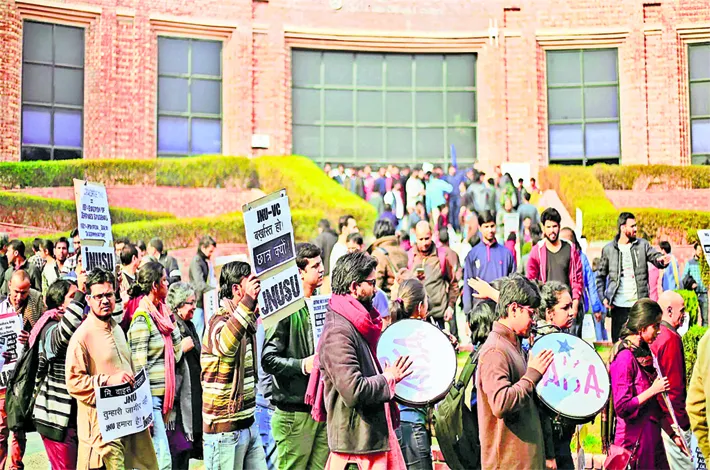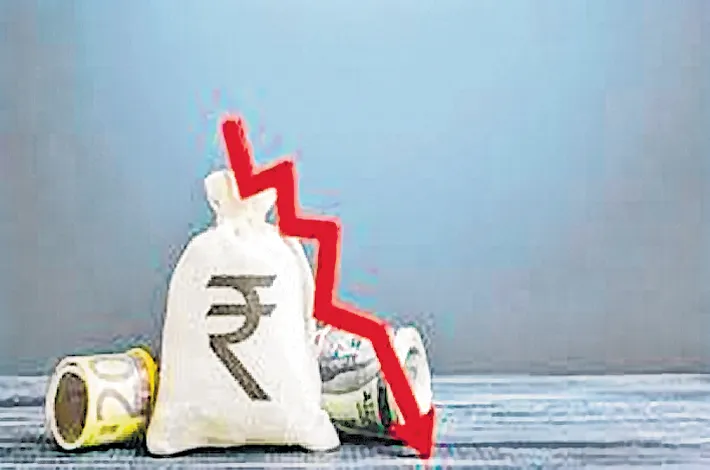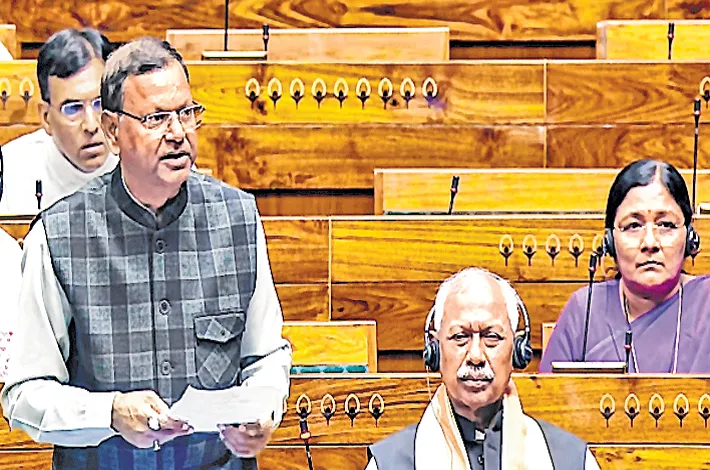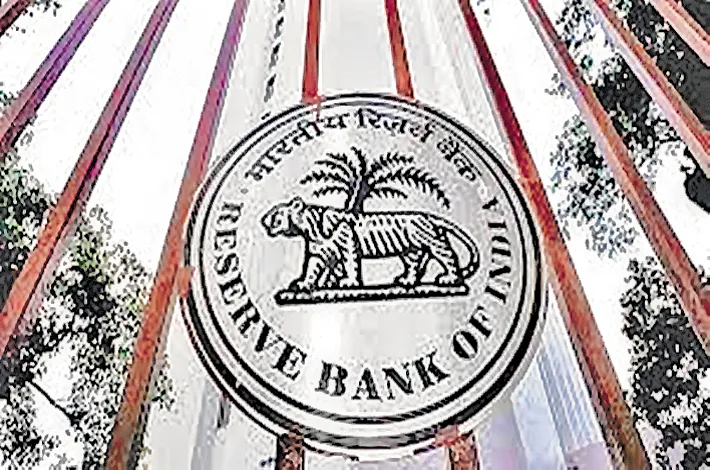Student Unions: A democratic forum for future leaders
14-01-2025 12:00:00 AM

■ CM Revanth Reddy sparks debate on lifting the 35-Year Ban on Student Elections
■ CM Revanth Reddy emphasizes fostering ideological commitment among students, urging revival of student politics in Telangana.
■ Ban on student union elections in Telangana since 1988-89 following Osmania University violence; possible lifting anticipated.
■ Prominent politicians, including Venkaiah Naidu and Sitaram Yechury, credit leadership skills to student politics.
■ Professors and administrators support the move, highlighting democratic spaces and improved engagement with varsity management.
■ Lyngdoh Committee's recommendations provide a framework for fair and democratic student elections across institutions.
mahesh avadhutha I hyderabad
Chief Minister Revanth Reddy's interesting observation on fostering a strong ideological foundation among the student community at an early stage has put the spotlight on student unions in universities and colleges. Is it an indication of reviving the student union bodies in education institutions in Telangana one has to wait and see.
If one may recall a ban was imposed on student union elections in 1988-89 across the state by the then Chief Minister N T Rama Rao following the murder of a student leader in Osmania University. Cut to the present, 35 years have passed but the ban still continues in Telangana and Andhra Pradesh states. Students' union polls are an annual affair at Jawaharlal Nehru University, Delhi, Delhi University or some Central Universities including our own University Of Hyderabad (UoH).
Revanth Reddy, at the release of Ch. Vidyasagar Rao's autobiography criticized political defections due to lack of ideology and declining student politics. Stressing ideological commitment, he lamented universities' diminished role in student politics and pledged to restore educational institutions’ glory, emphasizing student activism's role in shaping future leaders.
If the Chief Minister walks the talk, the Congress government might lift the ban on student unions in educational institutions any time in the near future.
If we look at some of the noted politicians, past and present, they have come through the student politics ranks and later went on to reach top positions in politics and in government. And many of them credit their political success and achievements to the ideological foundation and leadership skills while pursuing their studies at degree or PG levels.
Following Supreme Court directions, the Union government in 2005 constituted a committee headed by the former Chief Election Commissioner JM Lyngdoh to examine and recommend on student body and student union elections conducted in universities, colleges and educational institutions across India
Prof Ghanta Chakrapani, Vice-chancellor of B R Ambedkar Open University (BRAOU), Hyderabad echoed the view of Chief Minister Revanth Reddy. Successful politicians like M Venkaiah Naidu, Sitaram Yechury, Jaipal Reddy, Sushma Swaraj, and Arun Jaitley to name a few came up the ladder from the student union level.
Having student bodies in place will ensure a democratic space and enhance the leadership skills of students. Also, the students will have a proper forum to discuss, debate, and express views on political issues, societal changes, economic situation etc, which is needed so that society doesn't become dumb, Chakrapani said.
MLC and Professor M Kodandaram emphasized on healthy student politics and democratic culture in educational institutions. The stakeholders (political parties, administrations, teachers and students) must ensure the student bodies and the student community function in a proper democratic set-up without fights or violence even though they may differ ideologically. Political parties, most of which have their student and youth wings, should also play their part responsibly, he felt.
Eliciting views of the teachers' fraternity, Prof B Manohar Rao, President of the OUTA (Osmania University), supported CM's statement. He said that university administrators and the teachers fraternity are for the restoration of the student bodies and elections.
" Having an elected student body will be a win-win situation. The varsity or college administration can engage regularly with the president, secretary etc of the elected student body for the smooth running of the institution addressing or resolving all issues on time and in a proper manner.
In fact, with no student union in place, we see students floating several JACs and trying to meet the higher-ups on their issues. If a student body is in place, it can regularly take up all issues concerning students with the administration," Prof Manohar said.








